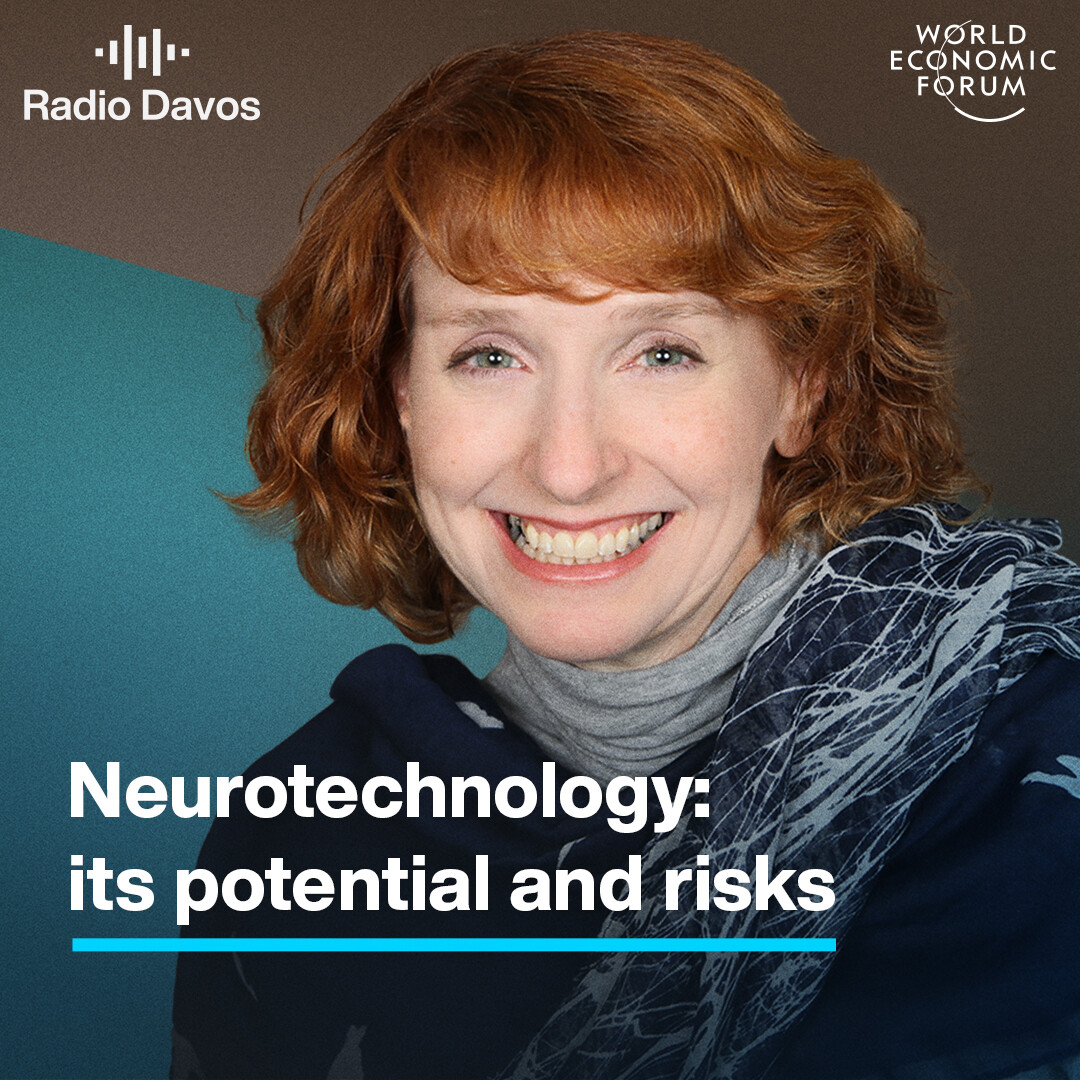
Building global infrastructure for women’s health data
The Women's Health Impact Tracking platform was built to help make progress in closing the global women's health gap and is not being transitioned to NUS

Are we acting fast enough on antimicrobial resistance?
Antimicrobial resistance is a growing threat, worsened by overuse of antibiotics, poor waste management and climate change. Here's what you need to know.

Workforce Health Across the Value Chain: Organizational Insights to Mitigate Risk and Create Sustainable Growth
Global supply chains depend on healthy workers, yet healthcare access, climate volatility and fragmented governance threaten that foundation. Drawing on nearly 60 interviews with leaders,...

Neurotechnology could help billions of people. Has its time come?
Electronic devices that tap into a human’s nervous system have been around for decades to help, for example, paralysed people move and deaf people hear. Now, a new generation of neurotech...

Measles cases are still high – are we at a tipping point?
Measles cases are still at alarming levels across Europe, the US and other parts of the world. Here’s why the virus is spreading – and what needs to happen.

7 ways AI is transforming healthcare
While healthcare lags in AI adoption, these game-changing innovations - from spotting broken bones to assessing ambulance needs - show what's possible.

Earning Trust for AI in Health: A Collaborative Path Forward
A report developed by the World Economic Forum and Boston Consulting Group to outline a collaborative path for earning trust in artificial intelligence for health. It identifies three urg...

How Africa is harnessing tech to deliver healthcare
Cuts to aid budgets are having a huge impact on the delivery of healthcare in Africa, the Forum's Lora du Moulin tells Radio Davos. The head of Africa Centres for Disease Control and P...

These countries are making progress on women’s health and well-being
A new study spotlights countries leading in women’s health using a life course lens, urging integrated, data-driven and gender-focused solutions.

124 countries adopt WHO pandemic agreement, US opts out, and other health stories
Top health news: WHO member states endorse landmark health pact; Lancet Commission sounds alarm on future of adolescent health; Breakthrough genetic test for brain tumour diagnosis.

Bridging the gap in women's health research, policy and innovation: Kearney
Women's health is under-researched and under-funded, leading women to live longer in poor health than men. Tackling this gap can boost lifespans and GDP, a fact Paula Bellostas Muguerza ...

Why more must be done to close the women’s health research gap
Most medical research is male-focused, but closing the women’s health research gap could boost global health and unlock $1 trillion in economic gains by 2040.